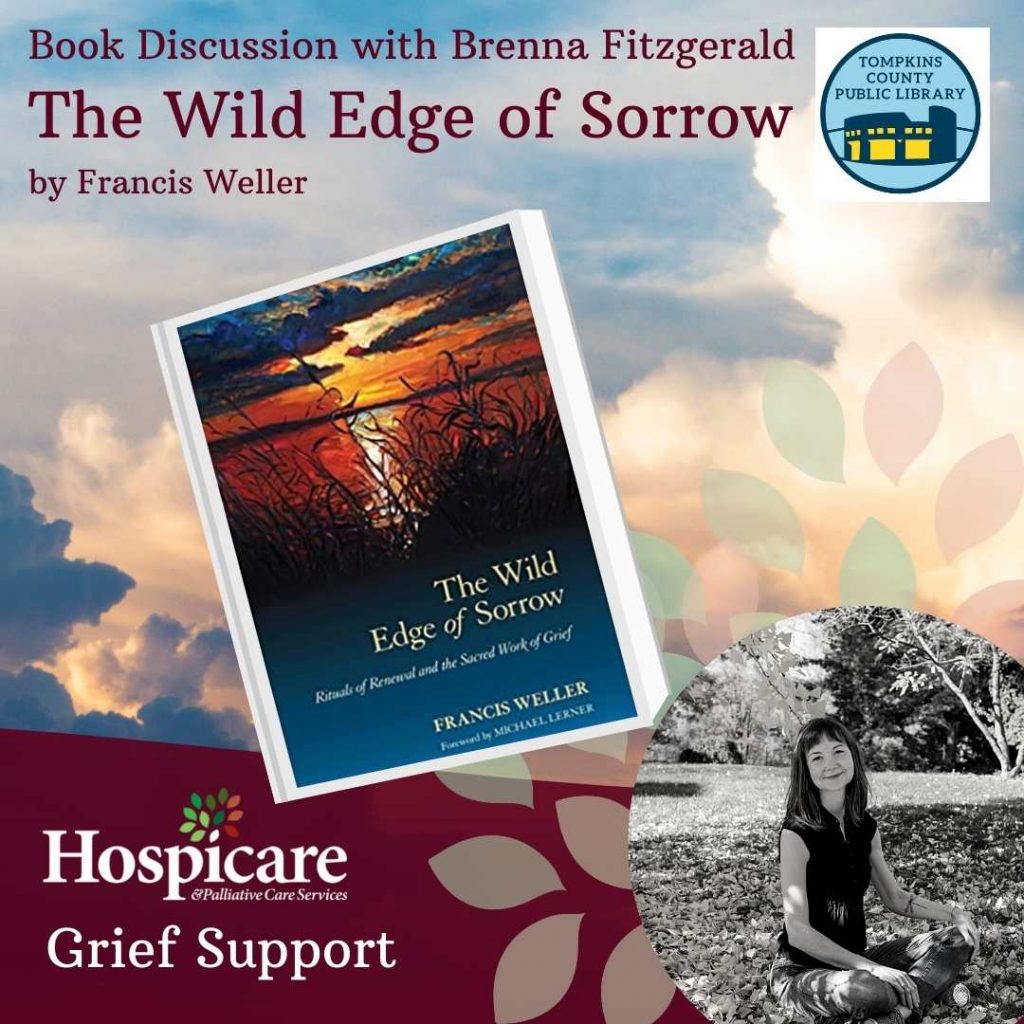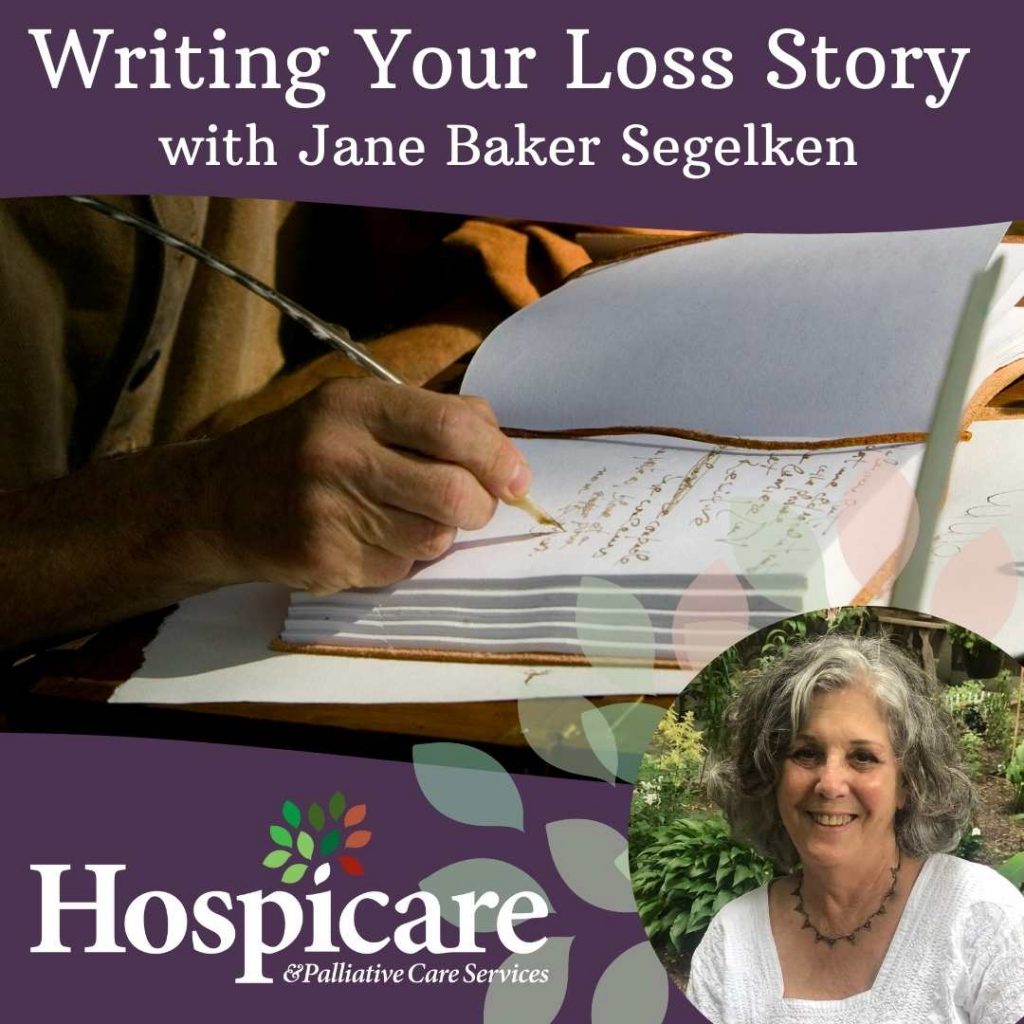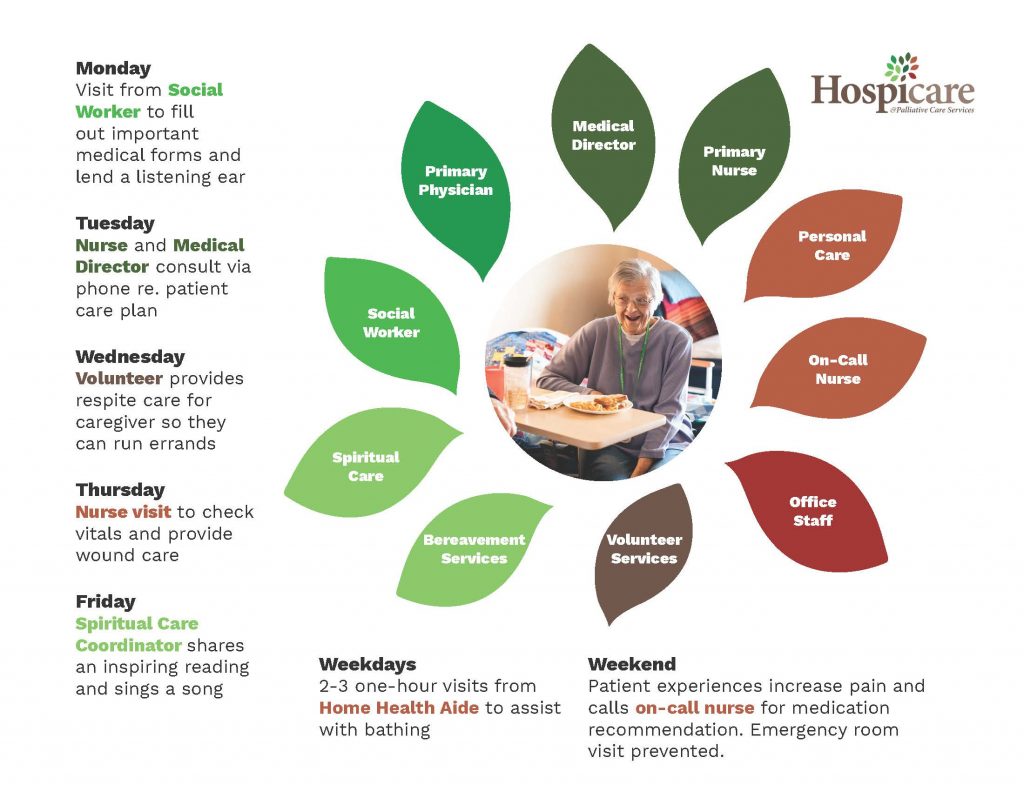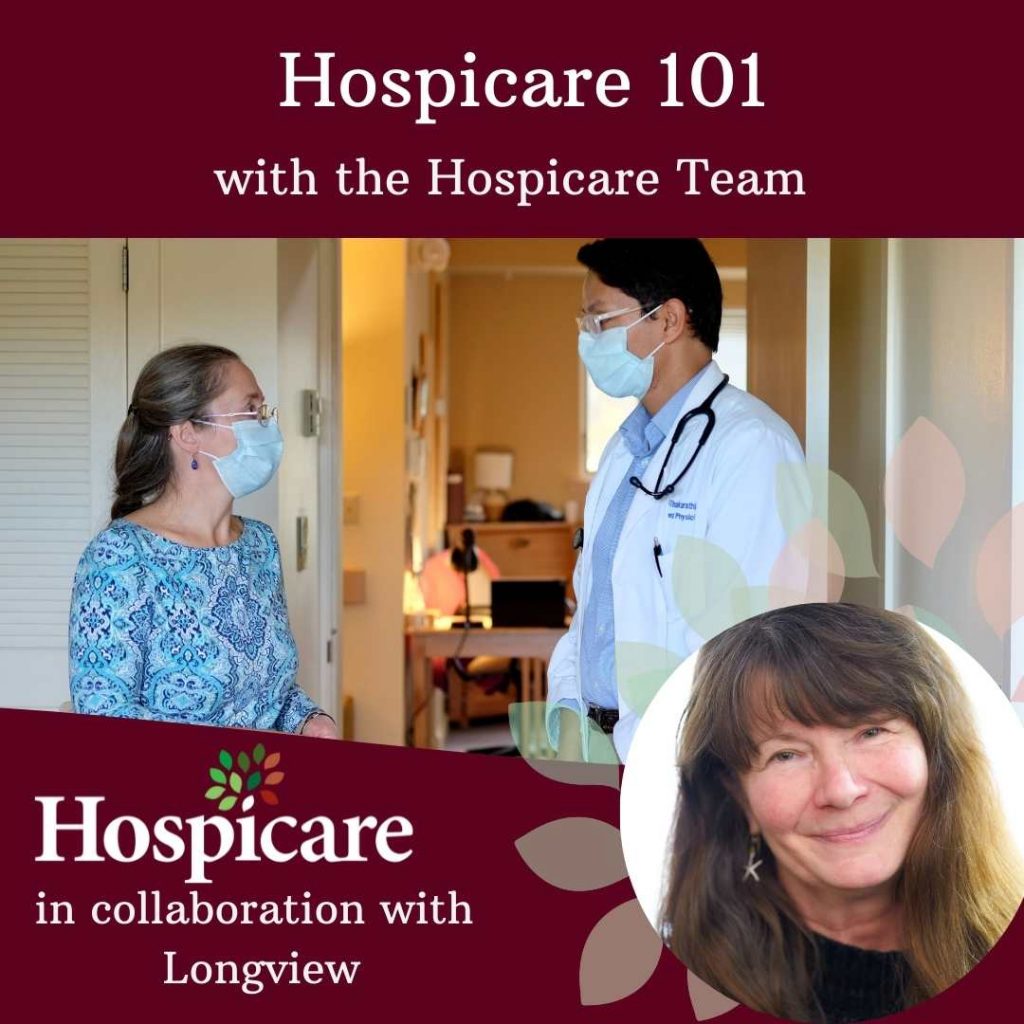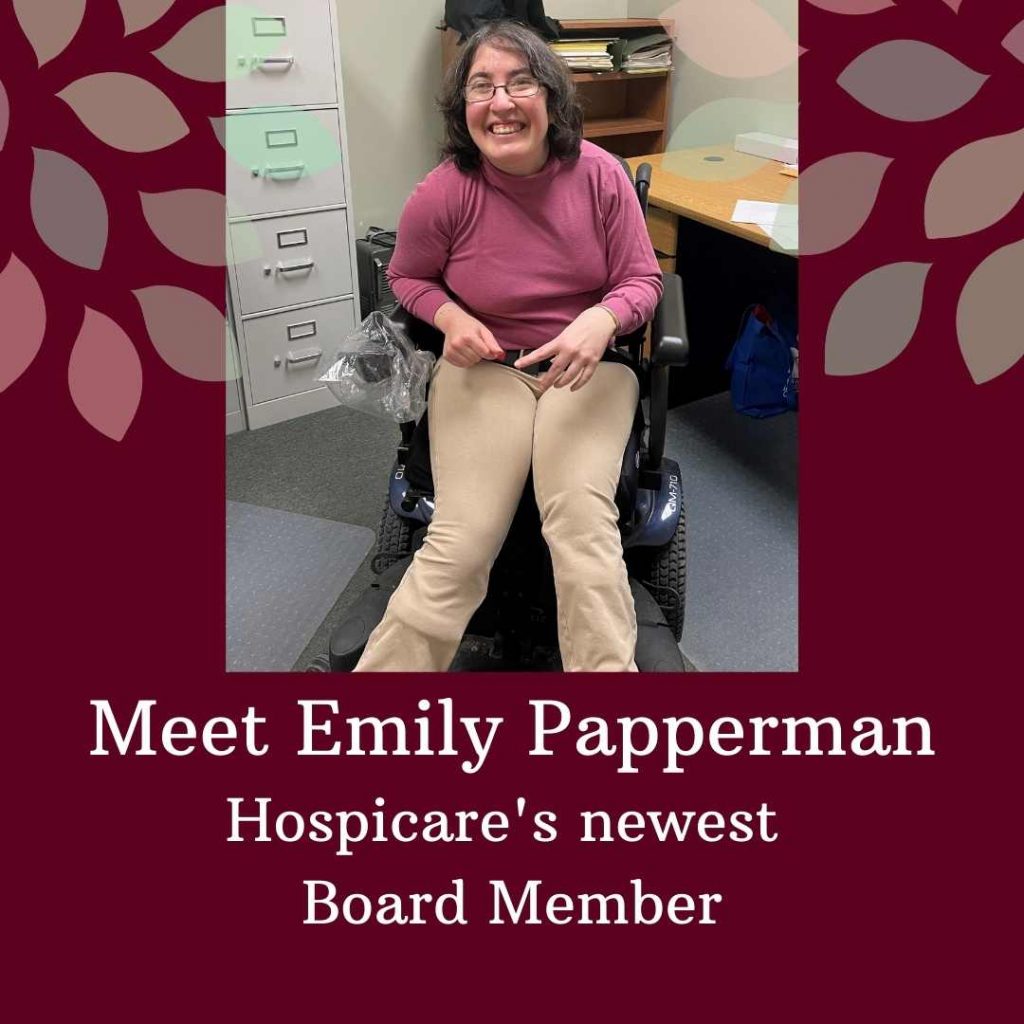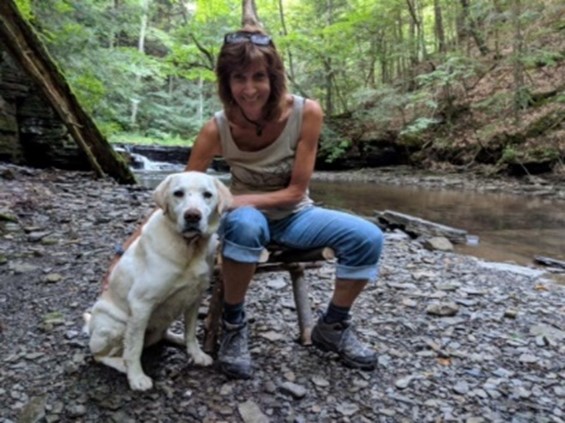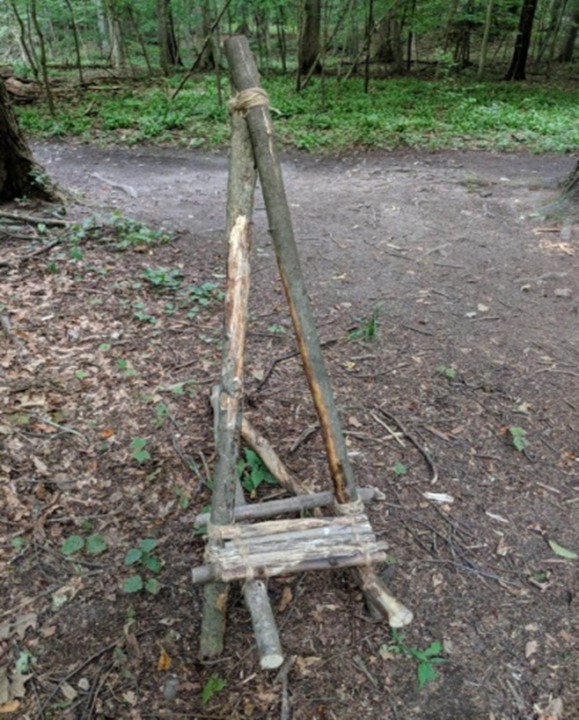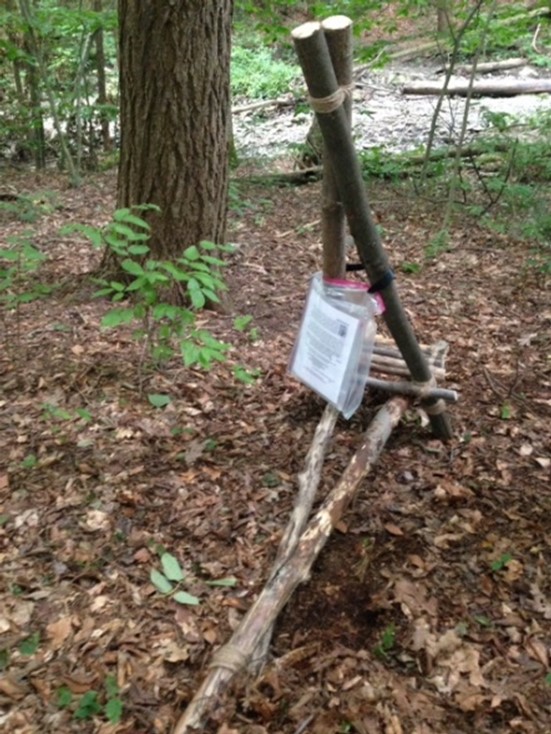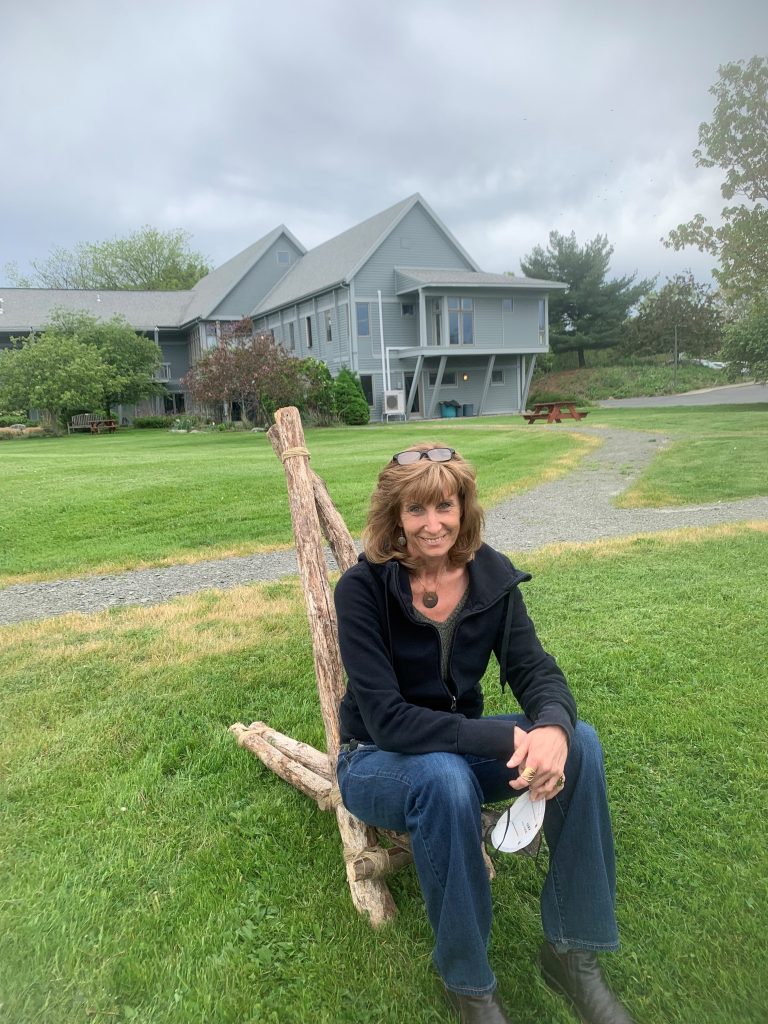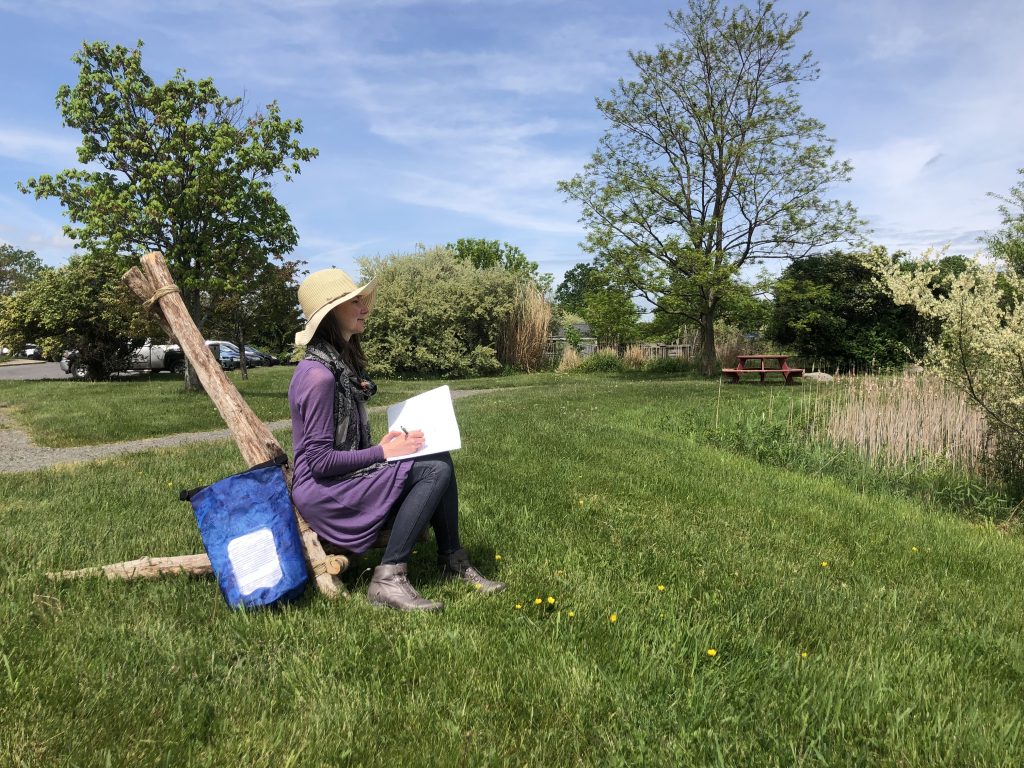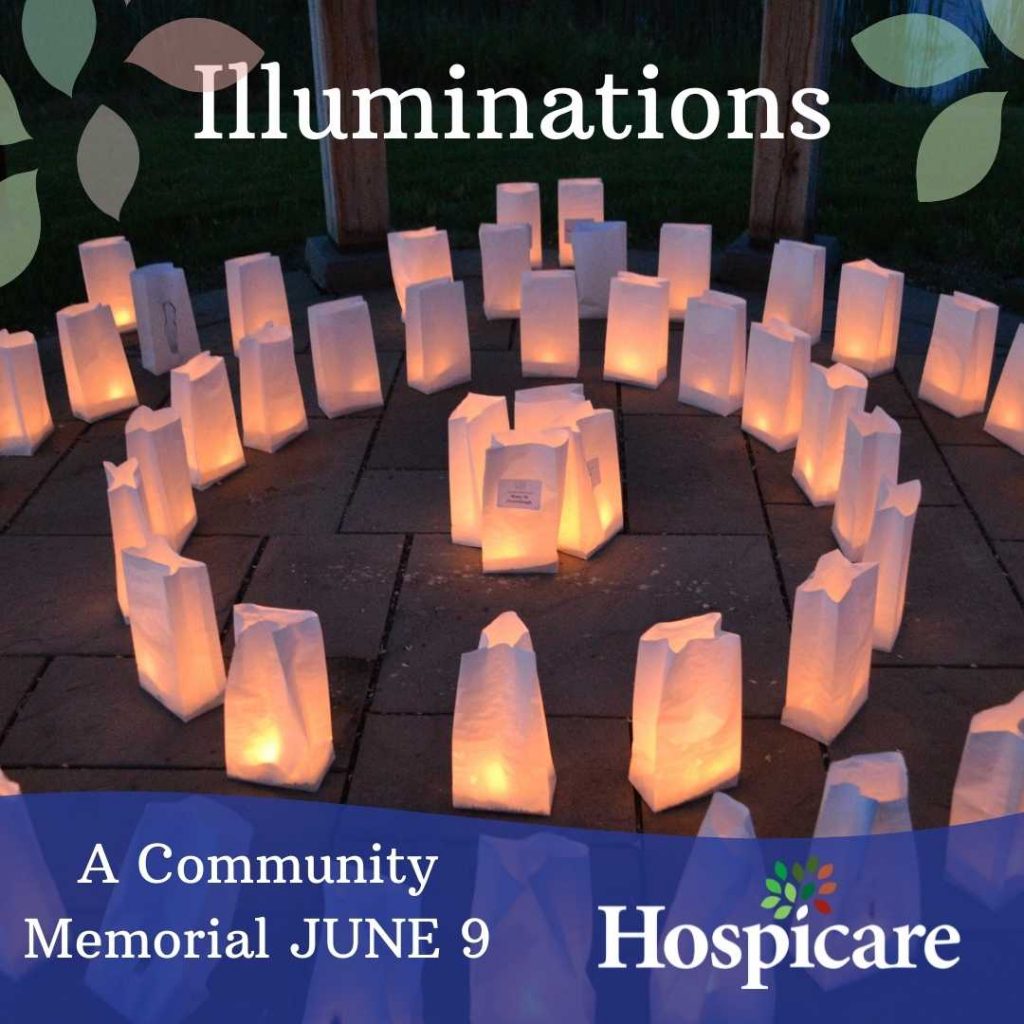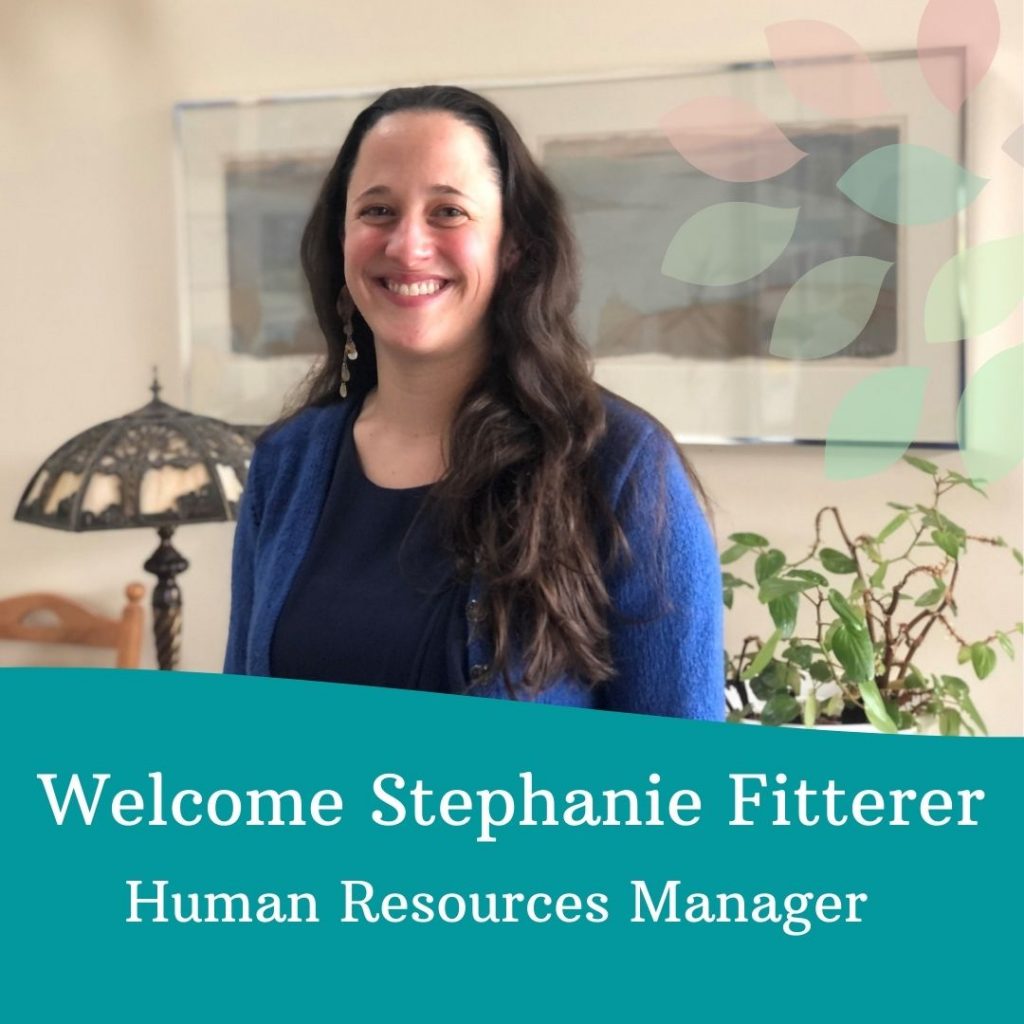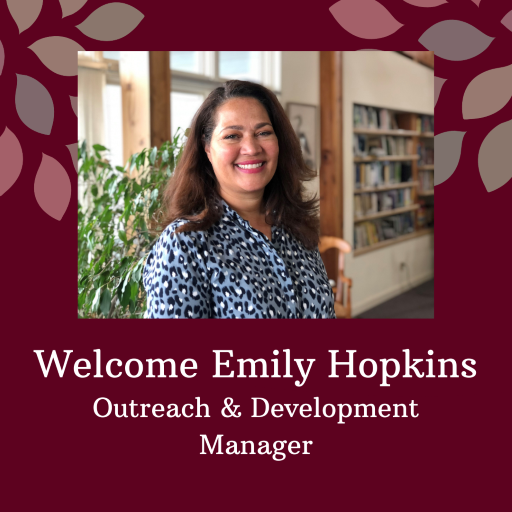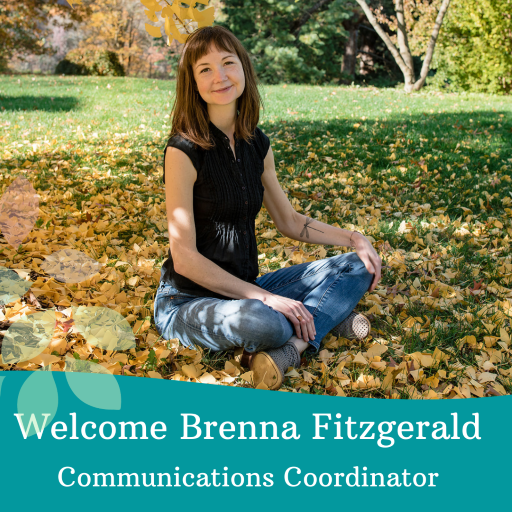by Jane Baker Segelken, MA, MSW, part of the Social Work team at Hospicare & Palliative Care Services
People who are grieving often hear all kinds of advice about the best way to mourn. All the suggestions we receive may have some semblance of helpfulness, but the fact is there’s no right or wrong way to grieve. What we do and what works for us depends on our personality, our life experiences, the significance of the loss, and many other things.
In his book, The Wild Edge of Sorrow: Rituals of Renewal and the Sacred Work of Grief, Francis Weller encourages mourners to express their grief communally, often through ritual. In a 2015 interview with Tim McKee of The Sun Magazine, Weller said that “Expressing grief has always been a challenge. The main difference between our society and societies in the past is how private we are with it today.”
Weller explains that grief is not meant to be carried as a “solitary burden,” and yet the message many of us receive in our sorrow is “Get over it. Get back to work.” We are not meant to handle grief in isolation, he says in the interview. And yet more often than not the bereaved rarely feel the kindness or compassion or community they need to face their sorrows. He suggests that observances and rituals can help those experiencing loss stay connected to their sorrow.
Formal Rituals and Other Practices
The most obvious rituals involve events such as wakes, funerals, and shiva. For example, traditionally a Catholic wake involves family and friends keeping watch over the body of the deceased, usually in their home. After a Jewish burial, mourners return to the home of the deceased or a close friend/family member to “sit Shiva,” which involves saying prayers and other rituals that encourage facing the fact of the death.
According to funeralbasics.org, funerals, the most universal of rituals, help us acknowledge the reality of the death; give testimony to the life of the deceased; encourage the expression of grief in a way consistent with the culture’s values; provide support to mourners; allow for the embracing of faith and beliefs about life and death; and offers continuity and hope for the living.
Of course, rituals around mourning are not limited in any way to the wake, shiva, or funeral. For some people, the ritual can be as simple as taking a walk, says Rabbi Brian of Religion Outside the Box. For others, a ritual can be cooking the favorite meal of the deceased on the same day each week, creating an altar, leaving something at the gravesite, continuing a monthly activity in honor of the deceased, or engaging in a regular writing exercise. It doesn’t have to be an act performed in a prescribed order; instead, our actions are aimed at tending to our grief.
The author, Weller, explains that “it’s up to us to devise our own rituals … Our rituals must speak to the particular ways we’ve been shaped, or misshaped, by our culture.” Ritual, he adds, “has the capacity to derange us, to shake us out of the old forms. We need that derangement, because the current arrangement isn’t working.” The idea, however, is not to forget the person we’re mourning or the event we’re grieving. The goal is to be present with and express our despair.
One practice that mourners find helpful is writing about a significant loss they experienced. Writing about the person, the loss, and any rituals they did seems to help people make sense of what they experienced. This kind of ritual is best done without censorship, without worry that the writing, spelling, or grammar isn’t perfect, and with the courage to let our emotions spill out. Writing to Ease Grief and Loss, which appeared in the November 15, 2016 Harvard Medical School publication explained “some research suggests that disclosing deep emotions through writing can boost immune function as well as mood and well-being. Conversely, the stress of holding in strong feelings can ratchet up blood pressure and heart rate and increase muscle tension.”
Upcoming Events
During the month of September, Hospicare is hosting two special programs that may be of interest to the bereaved. On the 6, 13, 20, and 27th from 6-8 p.m. via Zoom, Jane Baker Segelken, MSW, will facilitate Writing Your Loss Story, a four-week writing program that provides therapeutic prompts for the bereaved to use to tell their story. On September 15 from 6-7:30 p.m., Hospicare’s Communications Coordinator, Brenna Fitzgerald, will facilitate an interactive discussion of the book The Wild Edge of Sorrow: Rituals of Renewal and the Sacred Work of Grief by Francis Weller.
See https://www.hospicare.org/event/writing-your-loss-story/2022-09-13/ for more information and to register for the writing program; go to https://www.hospicare.org/event/virtual-book-discussion-the-wild-edge-of-sorrow-by-francis-weller/ to register for the book discussion event. Or call 607-272-0212.
